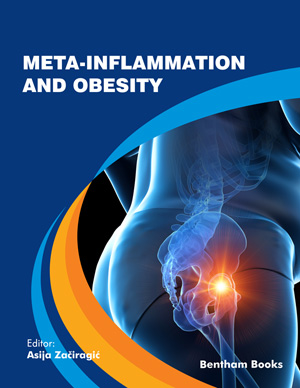Abstract
Biological and psychosocial differences between men and women affect the epidemiology and pathophysiology of many diseases, including type 2 diabetes mellitus (T2DM). Obesity is a major risk factor for T2DM. Sex hormones, estrogens, and androgens contribute to gender differences in obesity-related T2DM since they regulate not only biological characteristics but also adipose tissue function and metabolism. Obesity, in particular visceral obesity, is characterized by systemic lowgrade inflammation or meta-inflammation. Meta-inflammation that occurs locally in adipose tissue becomes systemic via the release of various active inflammatory cytokines and acute-phase proteins, including TNF- α, interleukins 1β, 6, 17, and Creactive protein (CRP) into the bloodstream and consequently leads to insulin resistance. Understanding the differences between sex and gender is equally important in the prevention of obesity-related T2DM, its diagnosis and therapy. The initial stages of meta-inflammation involve adipocyte hypertrophy, hypoxia and cellular stress. Studies on the role of gender differences in obesity-induced inflammatory response have shown that males have a greater inflammatory response in adipose tissue, increased adipocyte apoptosis and macrophage infiltration, greater accumulation of pro-inflammatory adipose tissue macrophages and increased expression of inflammatory cytokines. These data suggest that adipose tissue in males is more susceptible to inflammation when compared to females and that this might lead to a higher incidence of insulin resistance. It is still debated whether oxidative stress is more pronounced in women than in men with T2DM. However, in female patients with T2DM, serum levels of IL-6, TNF-α and CRP were significantly higher compared to males with T2DM. Gender differences have a major impact on the development and the progression of obesity-related T2DM and its complications. Future studies should contribute to a better understanding of gender differences in obesity-related T2DM and differences in the inflammatory response between men and women to establish prevention and treatment of diabetes by gender-related guidelines.
Keywords: Adipose tissue, Gender differences, Obesity, Sex hormones, Type 2 diabetes mellitus.






















